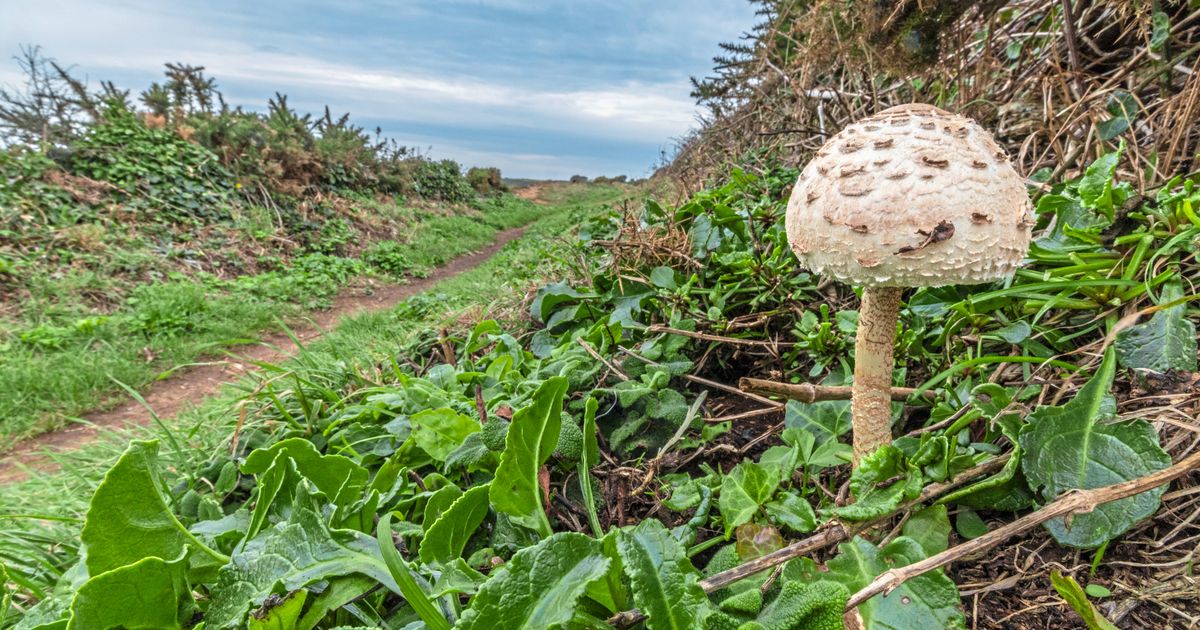Last year the Guernsey Mountain Biking Association was granted a four-month trial for night-time mountain biking on two sections of the cliff paths in St Peter’s and Torteval.
The association thought the trial was a success, but the Environment & Infrastructure Committee has decided not to extend it. Instead it has asked Agriculture, Countryside and Land Management Services to engage with the mountain bikers to look at alternative routes.
‘We have also received concerns about how the initial trial went and reports of damage to private land which, although not associated with the GMBA or the trial, may worsen if trials in this area lead to unauthorised cycling in adjacent areas,’ said E&I president Adrian Gabriel.
‘We are, however, the first to recognise that it is challenging to distinguish between responsible GMBA members and those cycling on the cliff paths without permission, but there is a risk that further trials unintentionally encourage additional unauthorised use, and the resulting risk to our wildlife and flora in these sensitive areas.’
A spokesman for the GMBA said that riders were naturally disappointed and were considering their response and next steps.
He said that the association had consulted with ACLMS and prepared a proposal for an amended trial this winter, which had taken on board feedback from the National Trust, La Societe Guernesaise and its own members. This led to a proposal for reduced hours, no access in January and February, and limited access in March and April.
‘However, the Environment Committee has rejected the proposal. We wish to maintain our good working relationship with ACLMS and are grateful for the time spent considering the proposal,’ he added.
The original trial had been strongly challenged by the National Trust and La Societe, who both voiced concerns over the impact on erosion, wildlife and other islanders using the paths.
National Trust president Mike Brown said it was delighted that the States had seen fit to reject a new application.
‘However, the trust is not and never has been anti-mountain biking,’ he said. ‘We have made an offer to the GMBA, which I have confirmed today to ACLMS, saying that we’re happy to meet both of them at any time to discuss trying to identify a suitable site in our land holdings to allow them to do their sport.
‘We just feel that the cliffs, for the reasons that we outlined in our submission, are not the right place for mountain bikes.’
Cycling on the cliffs in the original trial had been only for licensed members of the GMBA and limited to 10mph and just one-way.
The GMBA said that by the middle of March, although 120 licences had been issued, only 55 riders had actively used sections, with about 90 rides completed.
In its submission objecting to further use of the cliff paths, the National Trust counter claimed that upward of 70% of riders were exceeding the 10mph limit and there was clear evidence of cyclists using paths outside the permitted area.
The States had previously said that no erosion has been found on cliff paths after the original trial.
Deputy Gabriel, added E&I was grateful to the GMBA for submitting a carefully-considered proposal for a second trial and its constructive approach.
‘One of the reasons we have asked the GMBA to consider alternative options is that the cliff paths are in an environmentally sensitive location which is designated as a Site of Special Significance. We are aware of, and welcome, conversations taking place between the GMBA and the National Trust to find less sensitive routes,’ he said.
‘We remain keen to support initiatives that promote sustainable access and recreation in the right locations, and recognise that this is a difficult balancing act with different stakeholders who may have competing views. We hope to continue working with the GMBA to find that right balance.’

